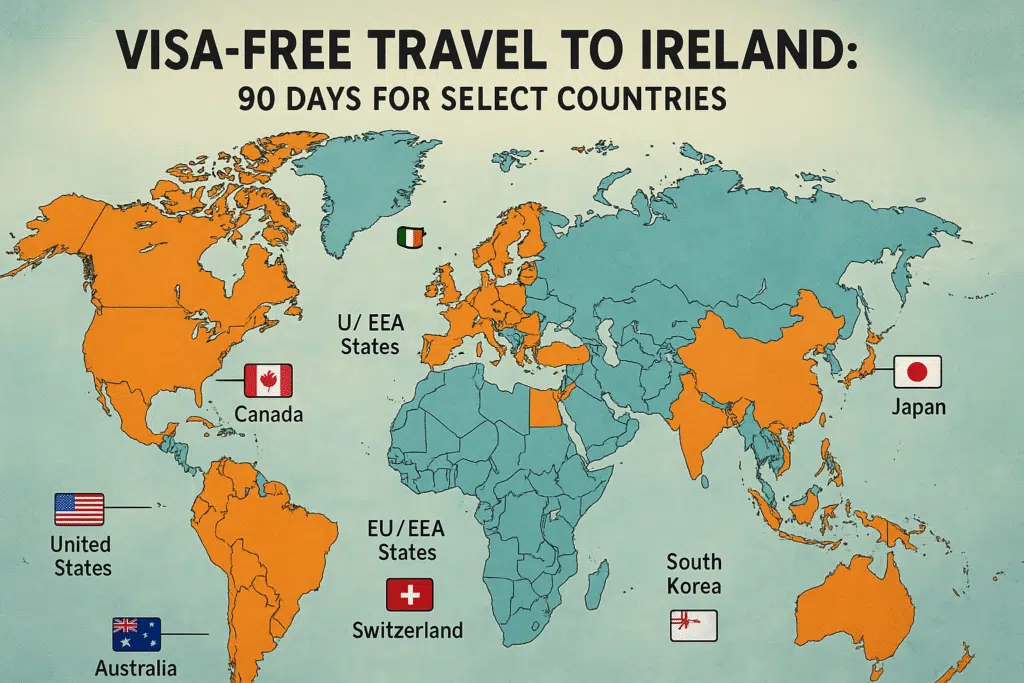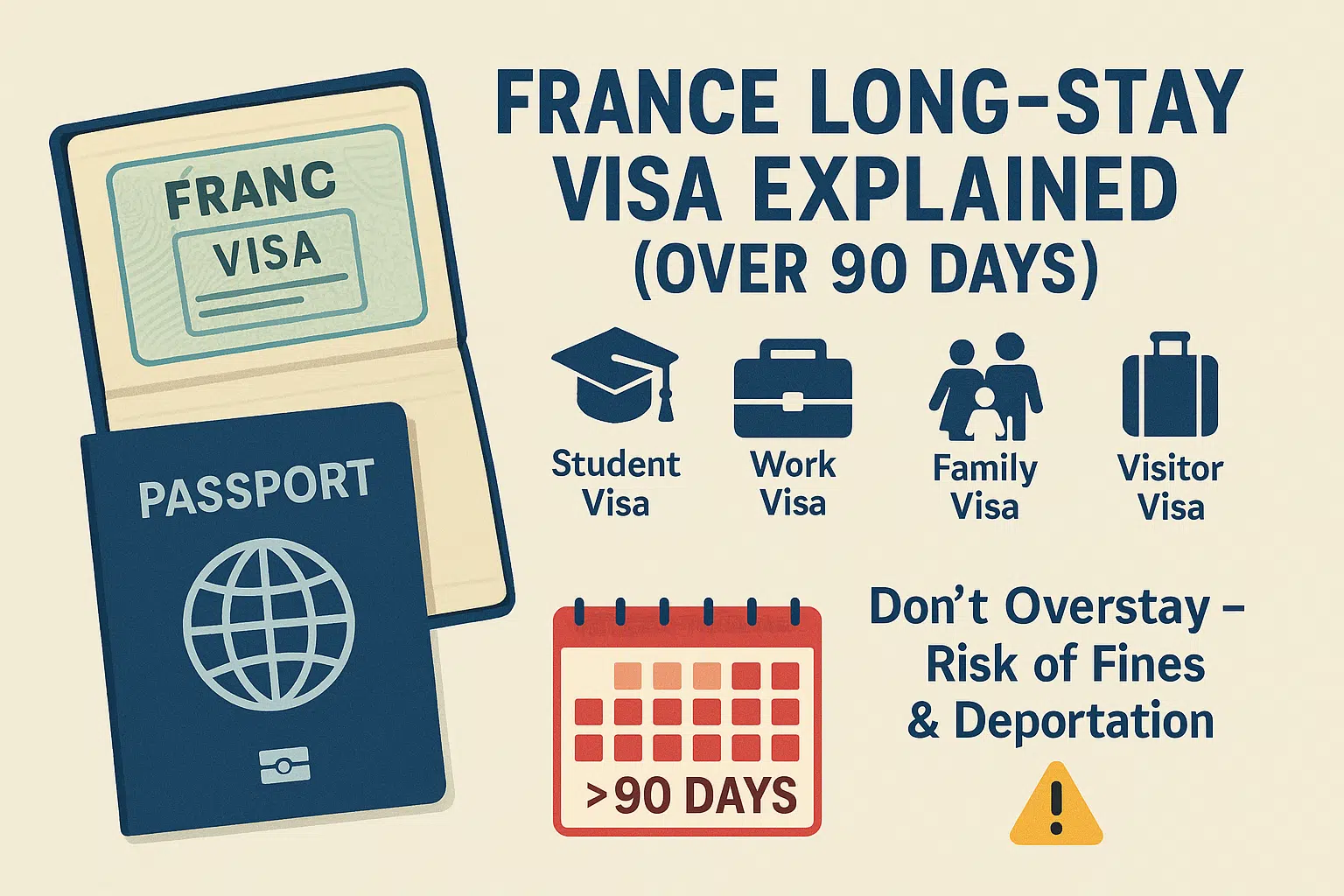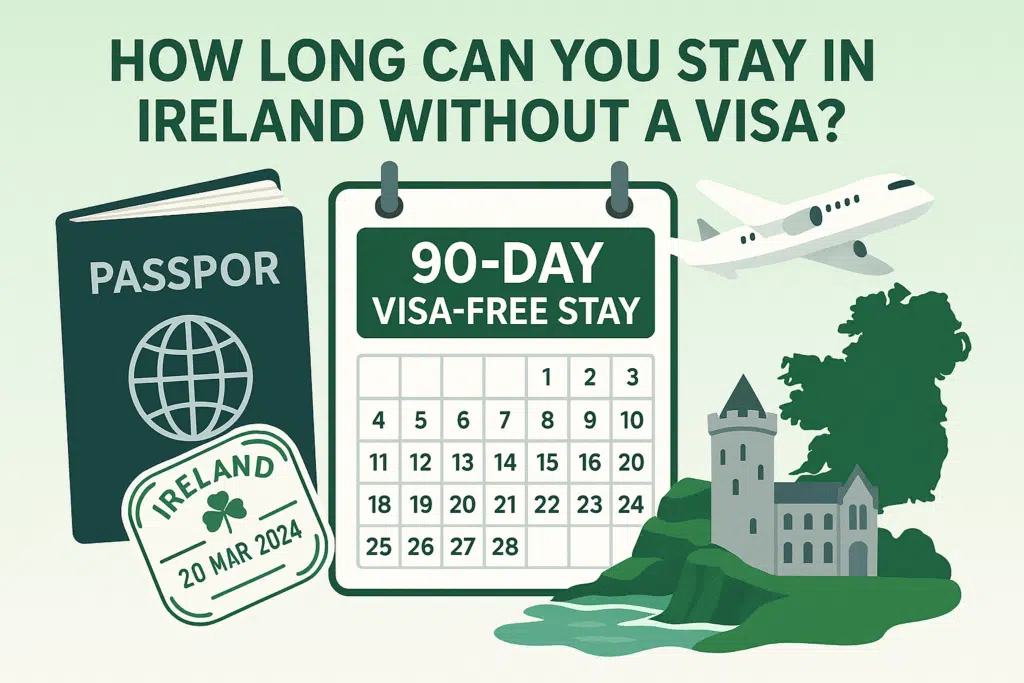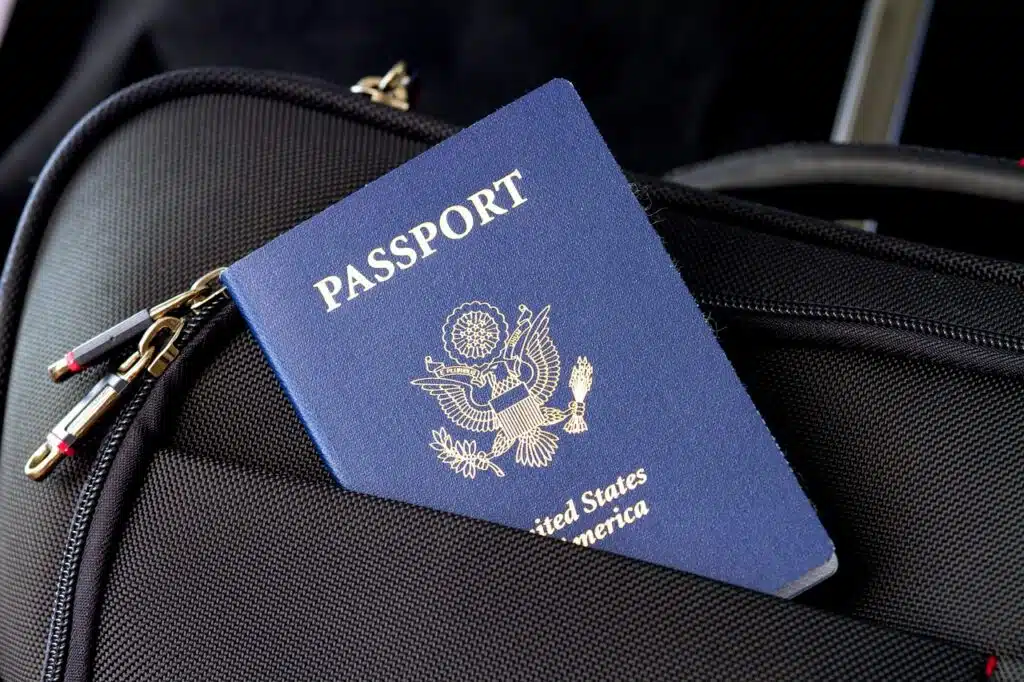Do you need a Visa in Ireland? The answer, by the way,is no, not necessarily. In case you are from a visa-exempt country, you can stay up to 90 days. Stay may even be indefinite among EU, EEA, and Swiss citizens. However, the amount of money you can bring is different. It is determined by your country of origin, the reason why you come, and sometimes by the immigration officer at the border.
I am Sean O’Connell, and I will take you through the steps in the visa-free rulings in Ireland. You will discover the application of the 90-day rule, to whom the exemptions apply, and what to do in case you want to extend.
What is a visa for Ireland?
An Ireland visa is an authorization that can be used to enter Ireland with a certain purpose, such as sightseeing, studies, employment, or family reunification. It is in the form of a sticker or stamp in your passport. It is, however, worth knowing that possession of a visa does not necessarily translate into country admission.
When you come to the Irish border, the immigration officer makes the final decision whether you can enter, or for how much time you are allowed. Visitors in much of Europe do not need a visa and have up to 90 days within every 180 days.
Check if Your Country Is Visa-Exempt
The first step to plan the trip to Ireland is to determine whether your passport will be accepted without a visa.

Countries requiring no visa to Ireland include
- United States: Citizens of the United States are allowed to enter the nation without a visa for a maximum of 90 days.
- Canada: 90 days of visa-free travel are granted to Canadians.
- United Kingdom: The Common Travel Area means that British citizens are at liberty to permanently reside and travel in Ireland.
- The majority of EU/EEA states: Irish permit European Union, to travel to Ireland, European Economic Area and Swiss citizens to work, live, and study without a visa.
- Australia and New Zealand: Visa-free up to 90 days.
- Japan and South Korea: People of these nations are also being given a free 90-day visa waiver.
As a bearer of one of such passports, you may visit these countries during a short-term stay without a visa requirement.
The 90-Day Rule
The 90-day rule is the golden rule, which is talked about when traveling to Ireland without a visa. That is, you have to go to Ireland to test, and in case you are a visa-free nation, such as the U.S., Canada, U.K., Australia, or most EU/EEA nationals, you can spend up to 90 days within 180 days without a visa.
The immigration officers only review the last 180 days and count the number of days you have already spent in Ireland.
If You’re from the EU/EEA or Switzerland
EU/EEA and Swiss citizens have the easiest entry to Ireland. You do not need a visa or the 90-day rule with the freedom of movement rights. You may work, live, study, or even retire in Ireland without additional paperwork.
Such is its practical significance
- You do not even need a visa: You just present yourself with a valid passport or national identity document. That’s it.
- Stay as long as you can: No time restriction, as there was with the 90 days for other travelers.
- You can work freely: You do not require a work visa as non-EU visitors do, because Ireland allows you to work without applying.
- You may bring your family: Your spouse, children, or even dependent parents can generally accompany you on the EU free movement basis, although they are not EU citizens themselves.
- Service accessibility: Compared to non-EU visitors, you will have simpler access to social services, healthcare, and education.
In short, either a Swiss citizen or an EU/EEA citizen resides in Ireland. Without having to worry about immigration paperwork, you may get on an aircraft, fly the following day, and proceed to work or school.
Read Also: Schengen Visa Documents 2026: Full Checklist (10+ Must-Have)
Staying Longer than 90 Days

When one plans to spend over 90 days in France, the rules become entirely different. When you overstep that, you will be required to take a long-term visa.
Here’s what that means for you
- Reason Why You Need It: France and other Schengen countries do not wish to have mixed short-term visits and long-term stays. Thus, you will require a visa to study, work, or even to simply remain in France after three months.
- Types of Long-Stay Visas: There are several types of long-stay visas, which you can apply for depending on the purpose of your visit.
- Student Visa: For university programs or study abroad.
- Work Visa: If you’ve got a job or contract in France.
- Family Visa: For joining a spouse or family member.
- Visitor Visa: When you just want to be there without employment (though you will require evidence of funds and insurance).
- Application Process: You will normally have to apply in your home country by the French consulate or embassy. This includes filling out applications, paying of fees, demonstration of financial records, health insurance, and even biometric data.
FAQs
Do I require a visa to visit Ireland?
It is based on your nationality. Australia, the United States, Canada, the United Kingdom, the EU/EEA, and some other countries do not require a short-stay visa.
Can we stay for more than 90 days?
The application for a residence permit or a long-stay visa will depend on your purpose (education, employment, or family).
Do Swiss and EU/EEA nationals require a visa?
No. They are entitled to live, work, and study without a visa in Ireland.
Read Also: How to Get a Schengen Visa With a US Green Card (2026)
Final Words
A trip to Ireland is a cool beginning, whether it is a holiday, a study trip, or a permanent move. The Ireland visa regulations, such as the 90-day restriction, visa waiver, and what I should do in the event I wish to prolong my visit, will prevent a significant level of panicking upon entry. When making a reservation, always think of the needs of your country and ensure you have the right paperwork to avoid hitches.
Ireland is one such good tourist destination that should be visited annually. Travelling there can be a hassle-free experience with some preparation.


